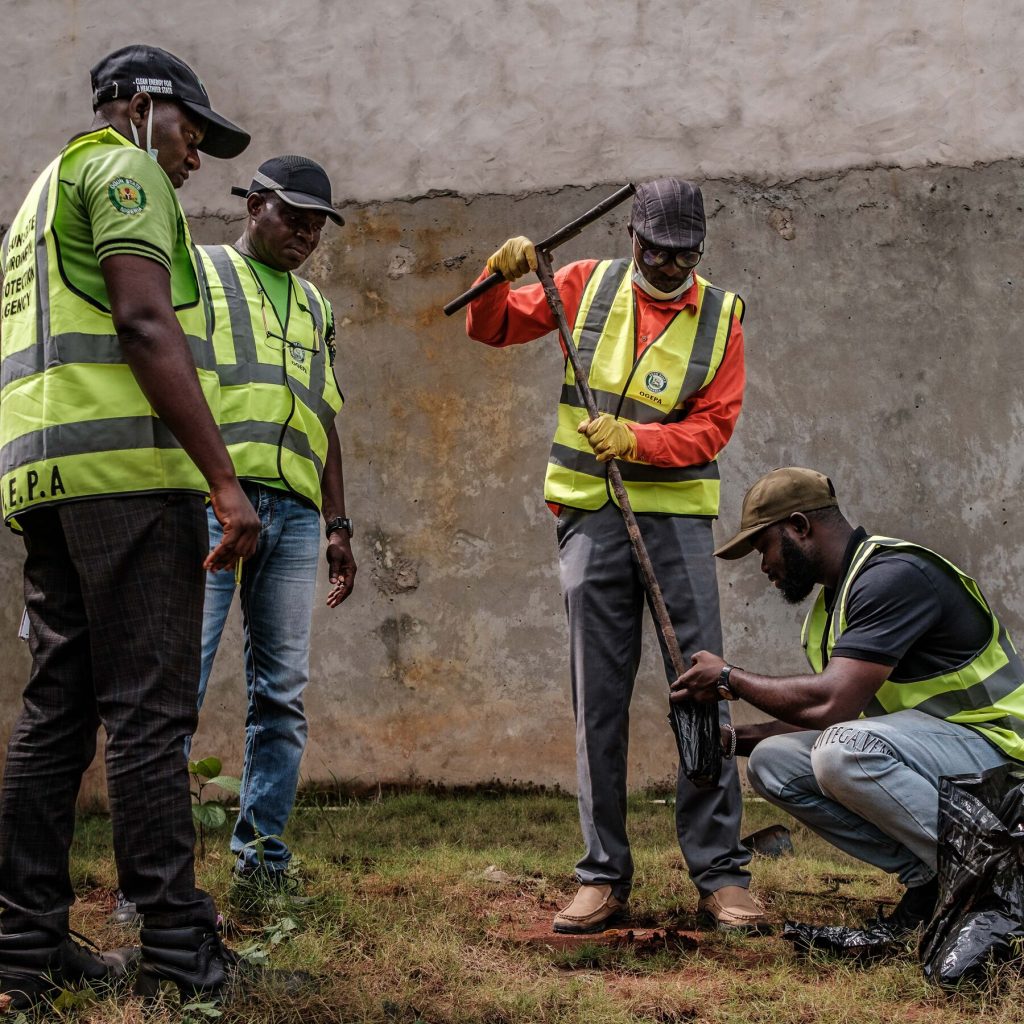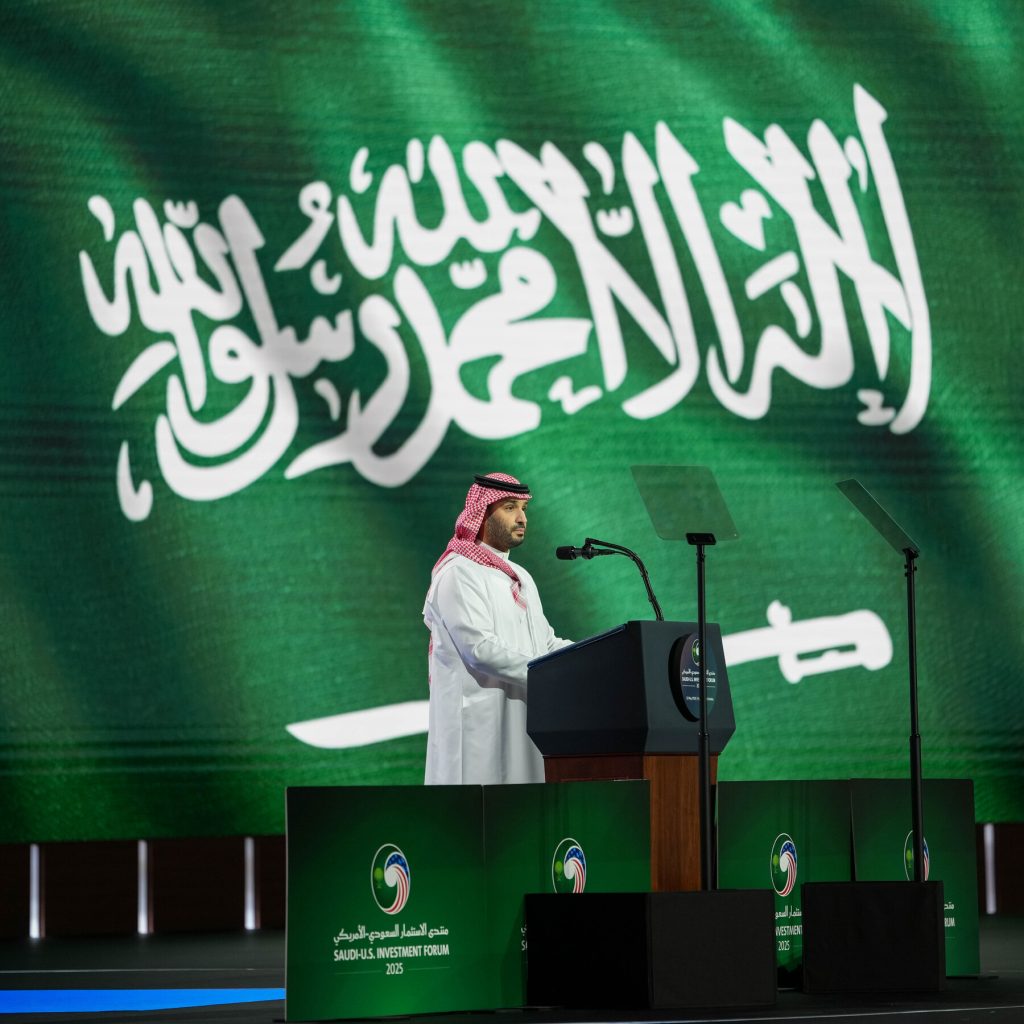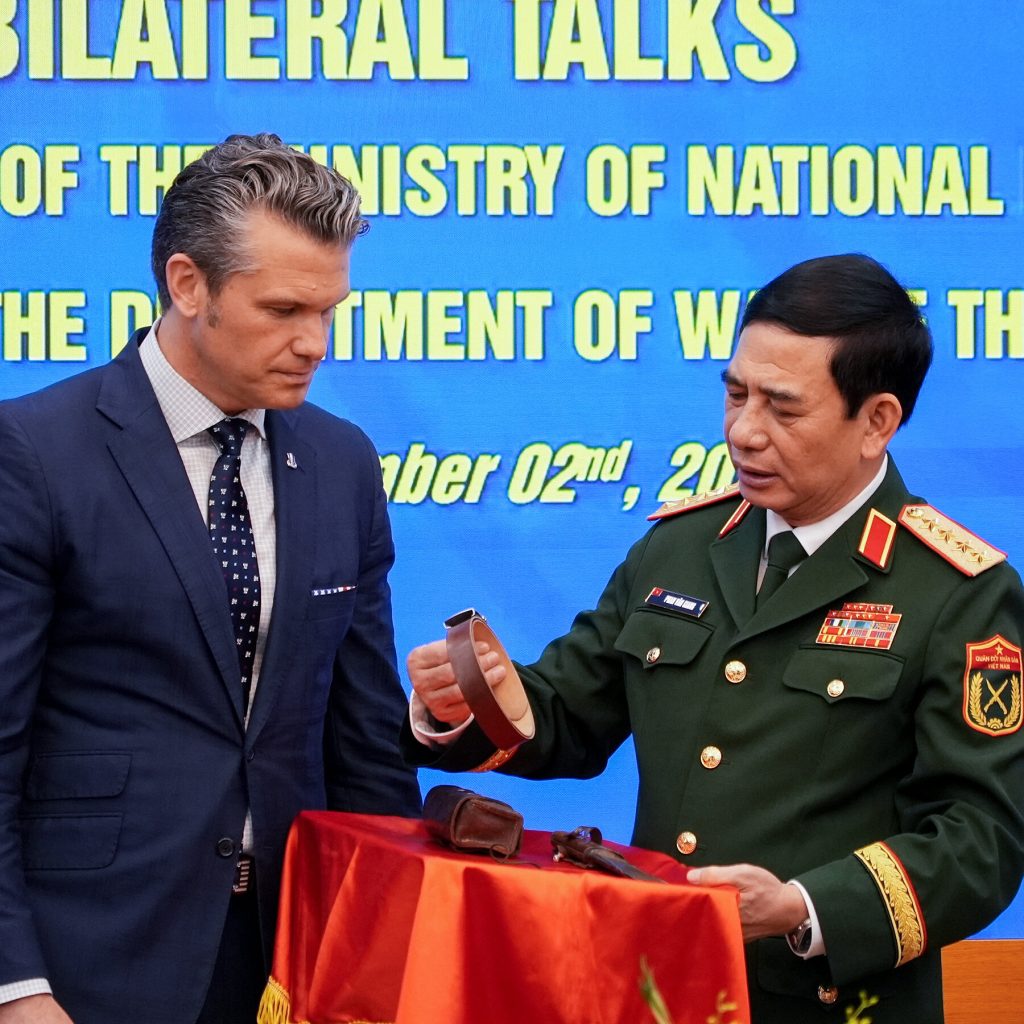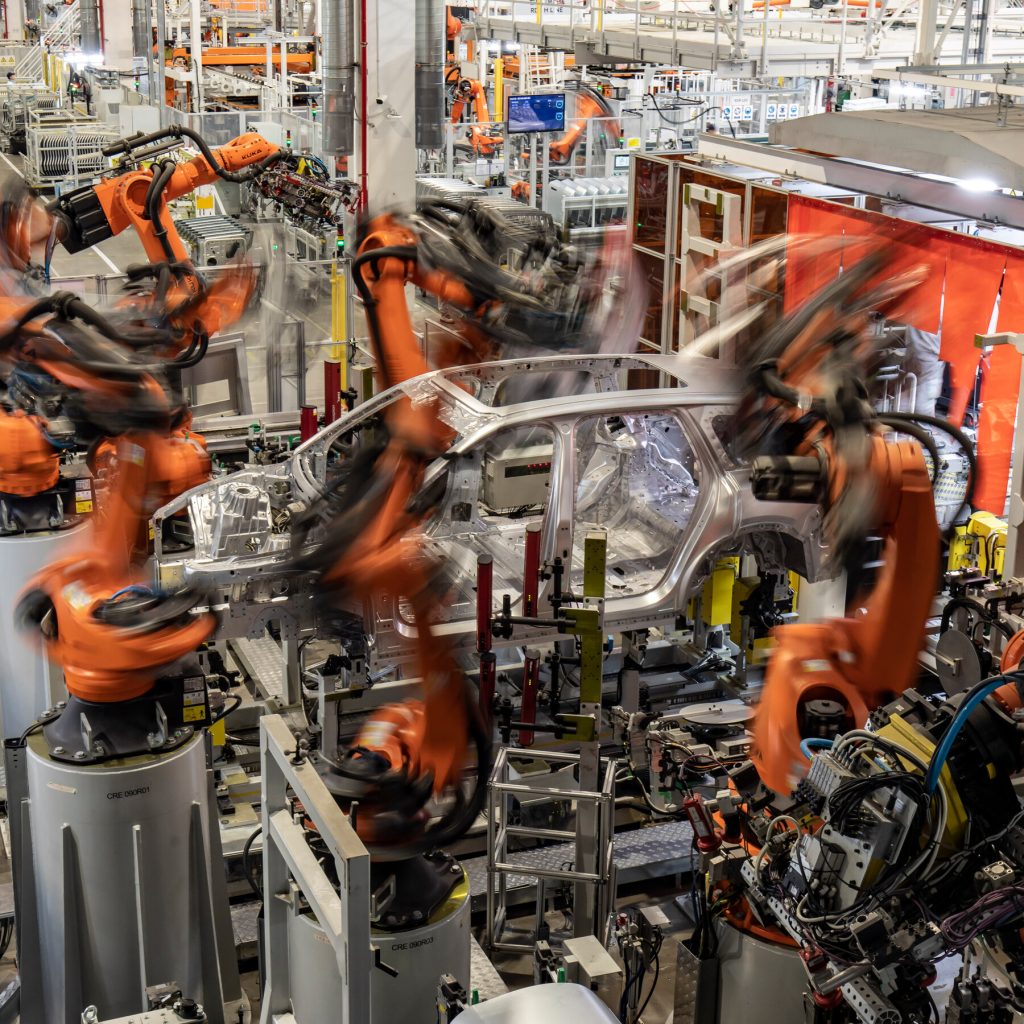Lula Arrives at COP30 in a Chinese‑Made Electric Vehicle, Highlighting Beijing’s Growing Footprint in Latin America
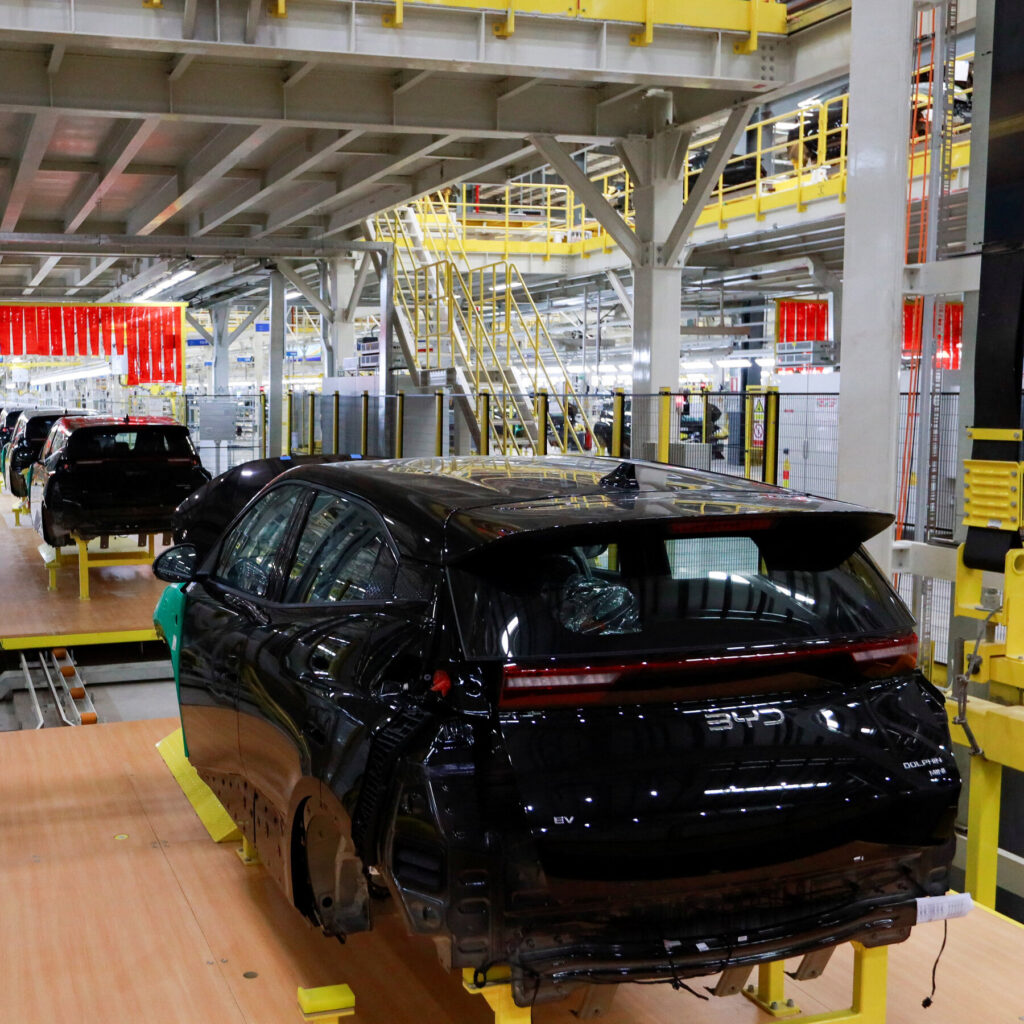
Brazil’s president, Luiz Inácio Lula da Silva, stepped onto the red carpet of the 30th United Nations Climate Change Conference (COP30) in Sao Paulo riding in a sleek, domestically assembled electric car supplied by a Chinese automaker. The vehicle was part of a larger fleet of zero‑emission shuttles that ferried heads of state, ministers, and delegations from around the world to the summit’s venue.
The presence of the Chinese‑built electric vehicles was more than a logistical choice; it sent a clear diplomatic signal. Over the past decade, China has deepened its trade, investment, and technological ties with Latin America, and the climate arena is now another front where Beijing is making its mark. By providing the eco‑friendly transport for one of the most high‑profile climate gatherings, China is showcasing its rapidly expanding electric‑vehicle industry and positioning itself as a partner in the region’s transition to low‑carbon economies.
Lula, who has pledged to steer Brazil toward a greener future after years of deforestation concerns, welcomed the partnership. In remarks to the press, he said, “Brazil is committed to leading the global climate agenda, and we welcome the support of all nations that share this vision, including China, whose technology can help us accelerate our clean‑energy goals.”
Analysts note that the move aligns with Brazil’s broader strategy of diversifying its energy and transportation sectors. The country aims to increase the share of electric vehicles on its roads from less than 1 % today to over 10 % by 2030, a target that will require substantial foreign investment and technology transfer. Chinese manufacturers, backed by state subsidies and a mature supply chain for batteries, are among the most competitive players willing to enter the Brazilian market.
The Chinese fleet at COP30 also underscores Beijing’s soft‑power outreach. By offering sustainable solutions at high‑visibility events, China not only promotes its green technologies but also cultivates goodwill among Latin American leaders who are increasingly looking for alternatives to traditional Western partners.
Environmental NGOs, however, remain cautious. While applauding the reduced emissions from using electric shuttles, they stress that the true test will be whether such symbolic gestures translate into concrete policies that curb Brazil’s Amazon deforestation and curb reliance on fossil fuels.
As the conference unfolds, the electric cars gliding through the streets of Sao Paulo will serve as a moving reminder: the battle against climate change is as much about technology and trade as it is about politics, and China’s growing presence in Latin America is reshaping that dynamic in real time.


